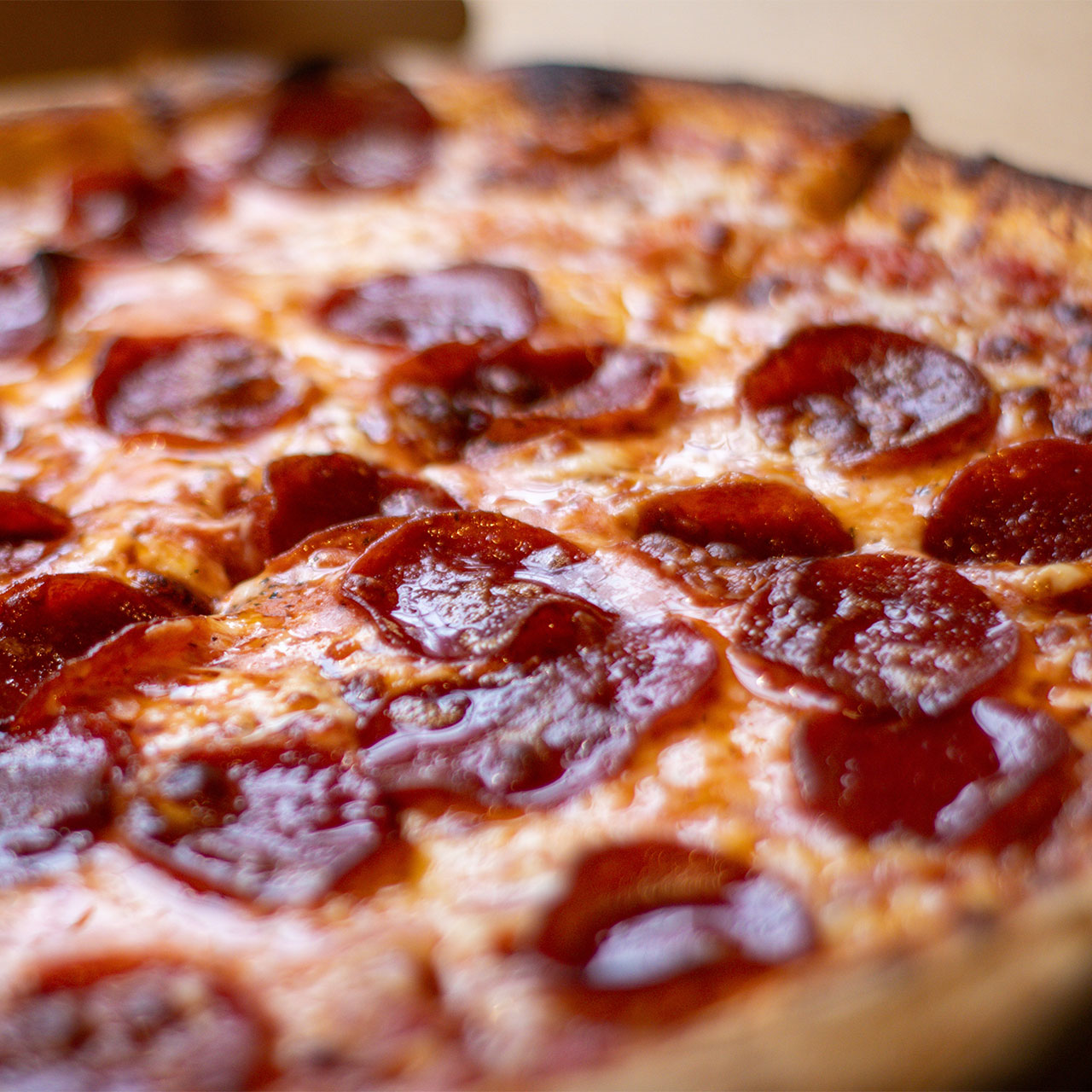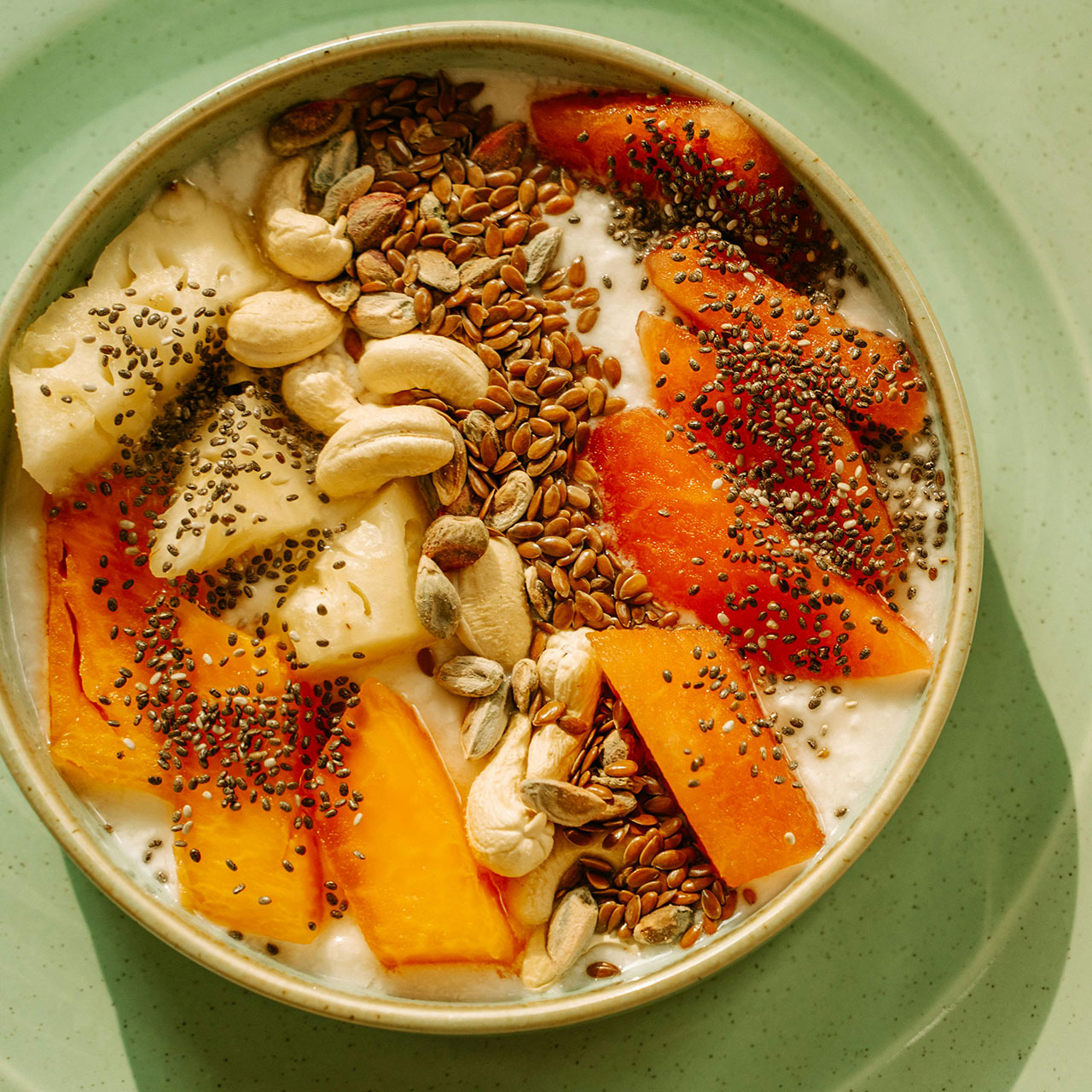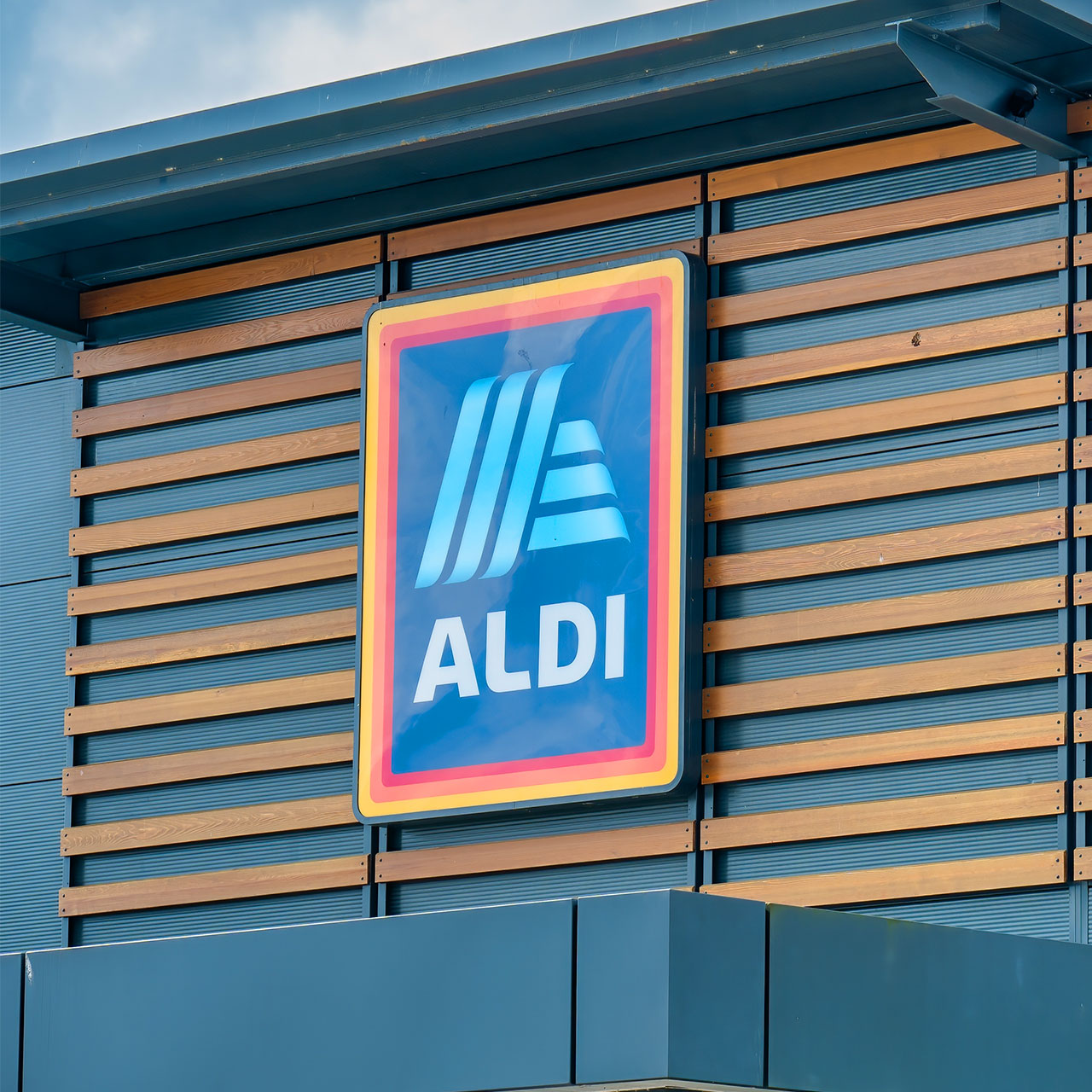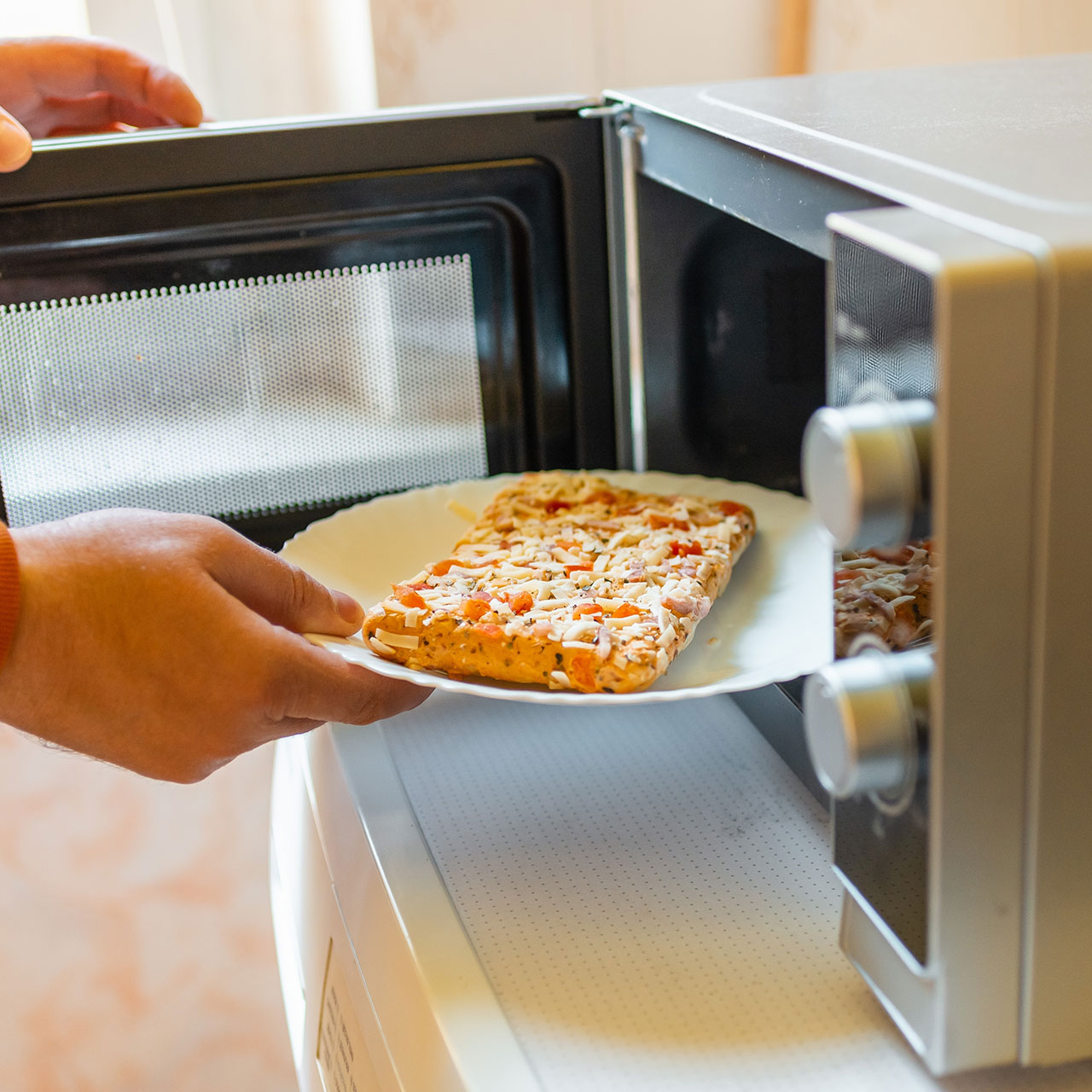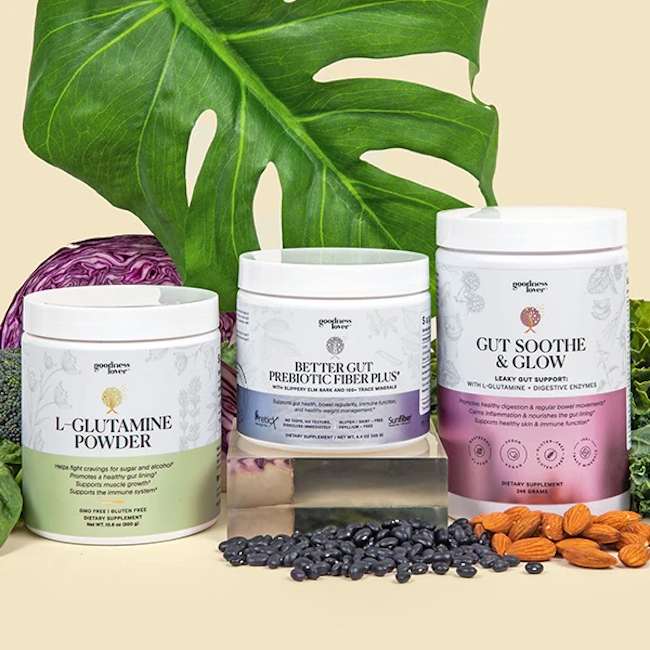This post has been updated since it was originally published on 07/24/2022.
There’s no denying how convenient frozen foods are, and some are healthier than others if your goal is to lose weight. We checked in with health, nutrition, wellness and weight loss experts to learn more about 2 kinds of high-calorie frozen foods they advise steering clear of for healthy weight loss, and why. Read on for tips, suggestions and insight from Trista Best, MPH, RD, LD, registered dietitian at Balance One Supplements, dietitian Meredith Mishan, founder of Mishan Nutrition, and Lisa Richards, registered nutritionist and creator of The Candida Diet.


Frozen Veggies With Additives
Frozen vegetables on their own can be great for a healthy diet, Richards says, but packaged ones that come with additives or 'extras' can mean extra calories and other undesired ingredients. "Not all frozen vegetables are equal in quality," Richards warns. "Frozen produce made with added sugar, oils, dressings, and cheeses have added calories that aren't necessary and will negatively impact your weight loss."
These extra calories are often not accounted for in a balanced diet, she notes, and can slow your weight loss efforts. "It is best to purchase frozen produce that has simply been harvested, cleaned, and frozen. You can then choose to add any extra ingredients during preparation," she suggests. When not seasoned or mixed in with anything else, frozen vegetables are an excellent addition to a healthy and balanced diet, she stresses.
"They are often at their highest nutrient content when they are harvested and frozen. Therefore, compared to fresh produce that has been harvested, transported, sat on shelves, and stored in your kitchen they are often higher in nutrients."
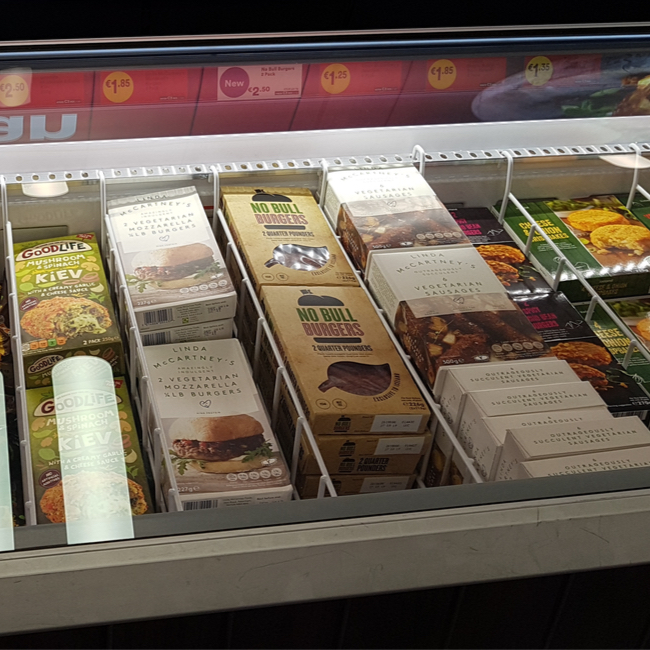
Frozen Vegan Microwavable Meals
If you are vegan or vegetarian, Best recommends preparing plant-based meals yourself rather than reaching for frozen, ready-to-heat meals. "The sodium, fat, and calorie content in most of these meals makes them among the worst vegan foods to purchase," she explains, "They offer little in the way of essential nutrients like vitamins and minerals and are significantly dense in calories and fat."
You may be better off to prepare your own with plant-based pastas or whole grain wraps and lots of veggies to be frozen and easily accessed, she recommends. "This can be a more beneficial approach than relying on these that are dangerously high in sodium and will leave you feeling hungry shortly after due to their refined carbohydrate content," she adds.
The issue regarding processed health foods and stalled weight loss is primarily found in those on a veganor plant-based diet, she continues, or a healthy diet that relies on quick meals. "When following these diet patterns it is tempting to turn to processed convenience foods that are free of animal products. Unfortunately, the are still high in fat and sugar which simultaneously increases the product's calories."
Frozen meals in general are high in sodium but the numbers might shock you when you find out how much they actually contain. "According to the American Heart Association, the recommended daily limit is 2300mg sodium per day, though ideally, they recommend no more than 1500mg per day," Mishan notes. However, she warns that "frozen dinners can easily contribute over half of the 2000mg recommended daily sodium limit, in just one meal!"


